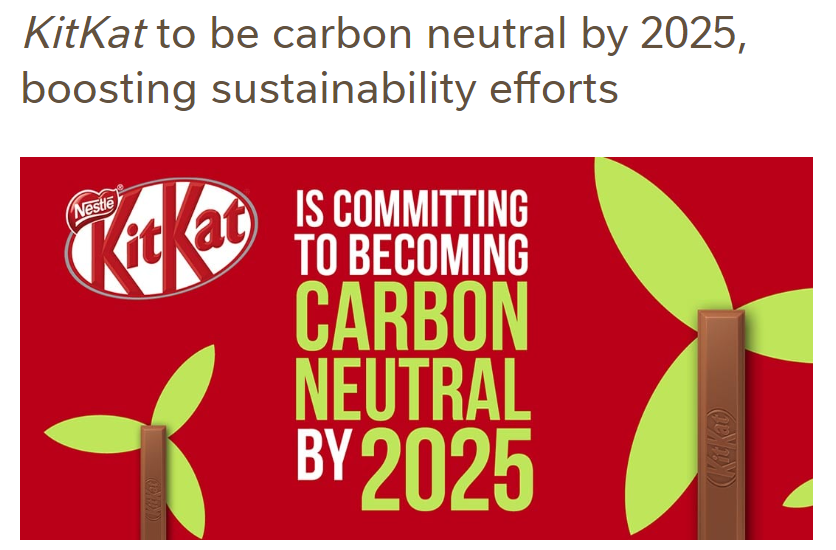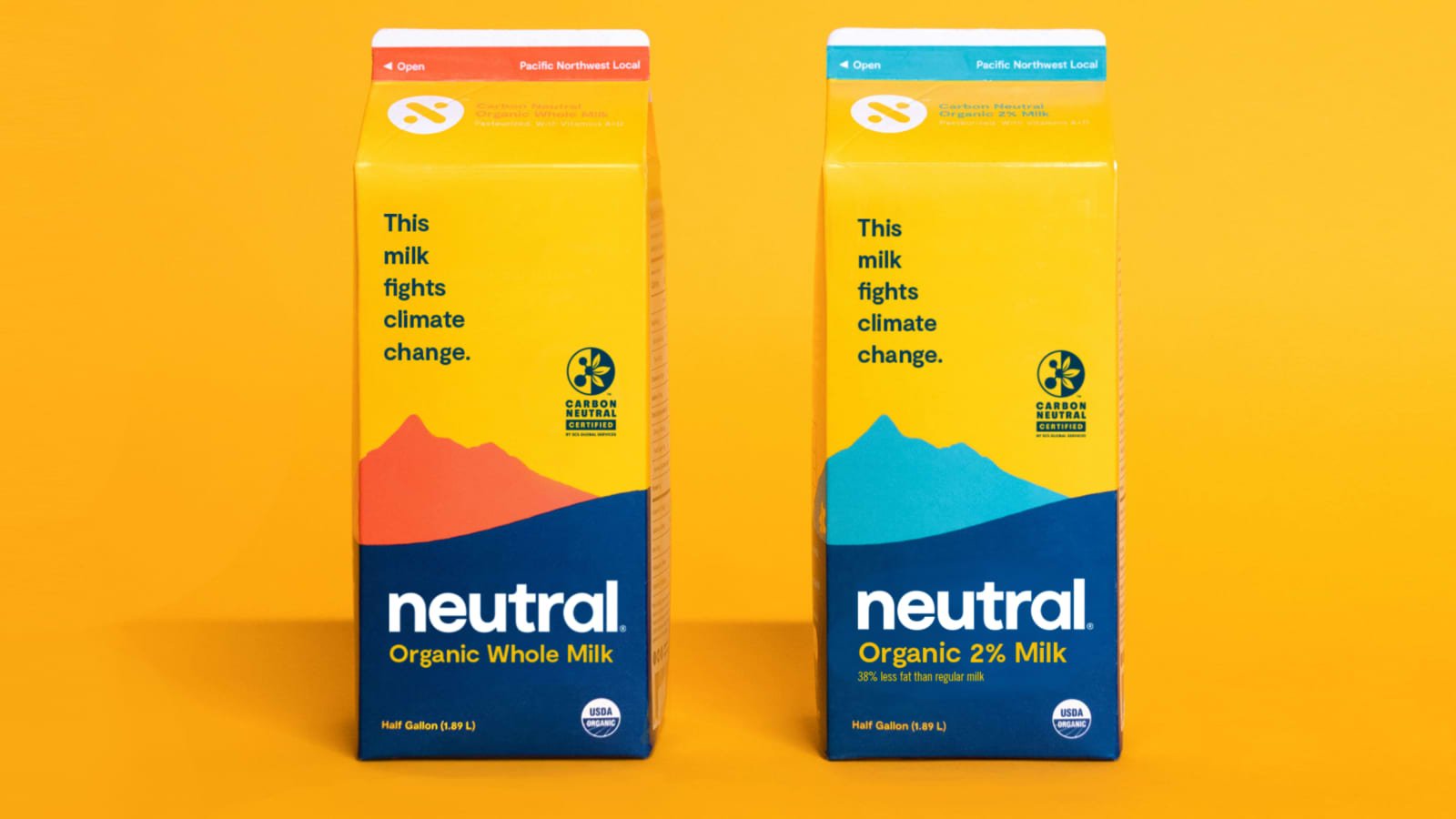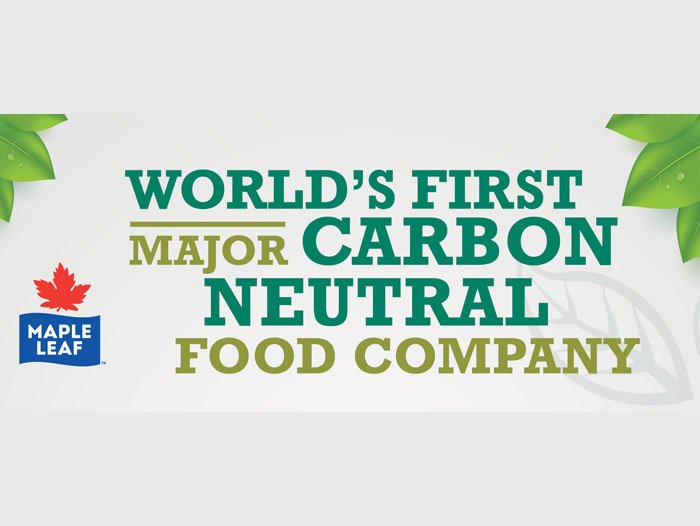
Are you ready for the Green Claims Directive?
Green Claims and Green Marketing
The terms “Green Claims”, “Green Marketing”, “Greenwashing” and “Greenhushing” have appeared frequently in articles and discussions about environmental sustainability over recent years.
These terms may appear self-explanatory but it’s important to define them clearly, particularly in the light of the impending Green Claims EU Directive.
Definitions
-
Green marketing is a practice in which products or services are promoted based on environmental benefits.
-
Green claims (also called environmental or eco-friendly claims) are intended to show how a product, brand or business provides benefits to the environment. These claims help differentiate and market their products. When they’re accurate, they help consumer make informed choices. Green claims are the focus of new EU regulations that require clear and verifiable substantiation of environmental claims.
-
The practice of making a product appear to be more environmentally friendly or less environmentally damaging than it really is. One of the goals of the EU Directive on Green Claims is to protect consumers from being misled by Greenwashing.
-
A term coined to reflect the growing concern among businesses that are reluctant to highlight their sustainability targets or their environmental achievements, either for fear of falling short or expectations, or because they are unsure of the validity of their claims.
Scroll left or right through the gallery below to see some examples of products (mostly food and beverage products), that make environmental claims, or simply display their carbon footprint on their packaging.
We’re not implying that any of these are either fully substantiated or misleading. They’re simply examples of what a green claim may look like.
Click on the + button to show detail


















The EU Green Claims Directive
What is the Green Claims directive?
The “Directive of the European Parliament and of the Council on substantiation and communication of explicit environmental claims” (otherwise known as the Green Claims Directive) was formally proposed in March 2023, adopted by the European Parliament in January 2024, and is now being negotiated by EU member states with the objective of transposing into legislation by early 2026 (timing of implementation is likely to vary by state).
A key driver behind the directive is a widespread concern about “greenwashing” (misleading environmental messaging) across EU markets. Sustainability has become a very lucrative differentiator in a competitive marketplace, with green products registering greater growth than standard products. Companies that mislead consumers risk severe reputational damage.
Research by the European Commission revealed that 53% of green claims give vague, misleading or unfounded information.
40% of claims have no supporting evidence, and half of all green labels offer weak or non-existent verification.
The objectives of the directive are to:
make green claims reliable, comparable and verifiable across the EU
protect consumers from greenwashing
contribute to creating a circular and green EU economy by enabling consumers to make informed purchasing decisions
help establish a level playing field when it comes to environmental performance of products.
Two short videos from the European Commission outlining the purpose of the Green Claims Directive.
… and another good video on the UK’s Green Claims Code:
The full text of the proposal for a Directive on Green Claims can be found here:
Proposal for a Directive on green claims - European Commission (europa.eu)

Green Claims and LCA
What do Green Claims have to do with Life Cycle Assessments?
A very important element of the Green Claims directive is the requirement for claims to be substantiated and communicated in a way that is reliable, comparable and verifiable in order to gain consumer trust.
The directive does not explicitly state that substantiation must be carried out by means of an environmental Life Cycle Assessment (LCA). However, Article 3 of the directive affirms that “Member States shall ensure that traders carry out an assessment to substantiate explicit environmental claims” that “rely on widely recognised scientific evidence, use accurate information and take into account relevant international standards”
Moreover, the directive makes reference to a methodology called Product Environmental Footprint (PEF), which is a version of LCA currently being developed by the European Commission to standardize how companies in the EU measure the environmental impact of each stage of their product lifecycle, using rules for specific product categories.
PEF’s are not yet mandatory, but are very likely to become widely established across the EU in the build-up to transposition of the Green Claims directive to member state legislation by late 2025.

